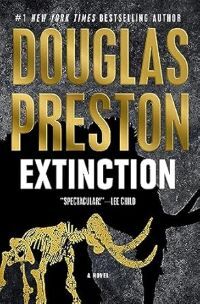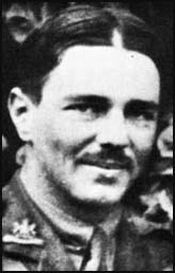 EXTINCTION |
 Sunshine, secrets, and swoon-worthy stories—June's featured reads are your perfect summer escape. | Wilfred Owen
Wilfred Owen, the son of a railway worker, was born in Oswestry, on 18th March, 1893. Educated at the Birkenhead Institute and at Shrewsbury Technical School, he worked as a pupil-teacher at Wyle Cop School while preparing for his matriculation exam for the University of London. After failing to win a scholarship he found work as a teacher of English in the Berlitz School in Bordeaux. Although he had previously thought of himself as a pacifist, in October 1915 he enlisted in the Artists' Rifles. Commissioned as a 2nd Lieutenant, he joined the Manchester Regiment in France in January, 1917. While in France Wilfred Owen began writing poems about his war experiences. In the summer of 1917 Owen was badly concussed at the Somme after a shell landed just two yards away. After several days in a bomb crater with the mangled corpse of a fellow officer, Owen was diagnosed as suffering from shell-shock. While recovering at Craiglockhart War Hospital he met the poet Siegfried Sassoon. Owen showed Sassoon his poetry who advised and encouraged him. So also did another writer at the hospital, Robert Graves. Sassoon suggested that Owen should write in a more direct, colloquial style. Over the next few months Owen wrote a series of poems, including Anthem for Doomed Youth, Disabled, Dulce et Decorum Est and Strange Meeting. Sassoon introduced Owen to H. G. Wells and Arnold Bennett and helped him get some of his poems published in The Nation. Owen also had talks with William Heinemann about the publication of a collection of his poems. In August 1918 Owen was declared fit to return to the Western Front. He fought at Beaurevoir- Fonsomme, where he was awarded the Military Cross. Wilfred Owen was killed by machine-gun fire while leading his men across the Sambre Canal on 4th November 1918. A week later the Armistice was signed. Only five of Owen's poems were published while he was alive. After Owen's death his friend, Siegfried Sassoon, arranged for the publication of his Collected Poems (1920).
Log In to see more information about Wilfred Owen
SeriesBooks:War Poems of Wilfred Owen, February 1994Paperback |
|
|
| |||
|
||||



 © 2003-2025
© 2003-2025